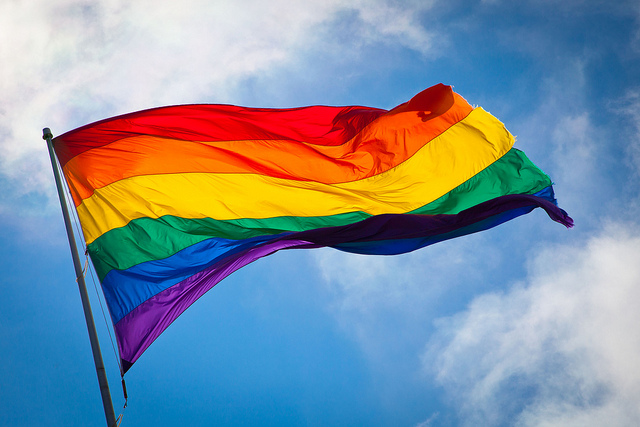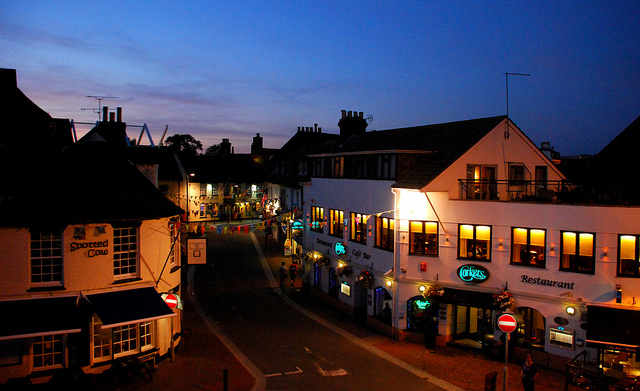The 2009 Ugandan bill, designated as ‘Kill the gays‘ by various activists and which has posed the greatest threat to equality and human rights, is back on the Uganda parliament’s agenda this session and is expected to be passed by the end of 2012.
It has been called as a “christmas gift” by its supporters and is promised to be delivered to the citizens of Uganda, Rachel Kadaga, speaker of the parliament, told the Associate press.
David Bahati
The anti-homosexuality bill owes its origin to MP David Bahati, an evangelical lawmaker, who introduced the bill in October 2009, only a month after ethnic riots had rocked the city of Kampala, capital of Uganda. The bill saw a strong backing by the ministers of the government and the Ugandan President Yoweri Museveni. “We used to say Mr and Mrs, but now it is Mr and Mr. Whats is that now?” he told the Guardian.
However, the clause, that allows death penalty for aggravated homosexuality in the bill, has drawn maximum flak from activists of human rights and equality and LGBT supporters. The condemnation was not limited to this, with various world leaders expressing their displeasure, including Gordon Brown, the then PM of UK.
Various countries threatened to withdraw their aids and halt visa applications if the bill continued on in the Uganda parliament.
By January 2010, Ugandan President distanced himself from the bill in a public address and said he had received calls from various political leaders around the world all talking about “gays”.
In August 2011, the parliament passed an unanimous decision that current laws branding homosexuality illegal were enough. “We discussed that bill in cabinet last week and after views from everyone were heard and debated, a decision was unanimously taken to drop that proposed law,” Ugandan Attorney General Peter Nyombi said to Reuters.
However Bahati and speaker Kadaga vowed to re-introduce the bill and get it passed by 2012 respectively.
Rolling Stone and David Kato
Even though the bill has yet to be passed, it has led to increase in attacks on the sexual minorities group in Uganda. Rolling stone, an independent weekly newspaper in Uganda (separate from the american one), published a list in October, 2010 that listed “top 100” gays in Uganda along with their photos and addresses.
It called for people to hang the listed people.
“For me, the first thing that crossed my mind was, ‘how can this country allow such things to happen?” said Julian Pepe in an interview with CNN, who was also named in the story.
“They were calling for our hanging, they are asking people to take the law into their hands. We are all terrified, said Pepe who is program coordinator for Sexual Minorities Uganda.
David Kato, a teacher and a gay rights activist, was one of the men named in the list and filed a case against the Rolling Stone accusing them of printing injurious information regarding him. In January 2011, the judge ruled in favour of Kato and essentially banned the tabloid and people associated with it from revealing any such information in future.
Kato, considered the father of gay movement in Uganda, was found bludgeoned to death in his home, 3 weeks after the ruling, in a homophobic hate crime.
[one_half] [/one_half] [one_half_last]‘Call Me Kuchu’A documentary film by Katherine Fairfax Wright and Malika Zouhali-Worral, chronicles the fight of Kato and his colleagues against the anti-homosexaulity bill. The film which has been described as one that “tears at the heart”, by the Observer has garnered multiple awards at international film festivals and has been used to spread awareness all over the world.[/one_half_last]
International situation and response
View Legal status for homosexual relationships around the world in a larger map (by Rachitaa Gupta)
“Any bill that seeks to criminalise consensual same-sex relationships is against the human rights of gay people,” said Jasmine O’Connor, International Officer at Stonewall.
Stonewall is one of the many international organisations that support human rights and LGBT community, fighting against this draconian bill. The bill that is said to have been largely influenced by three american evangelical activists, has received massive outcry and campaigning from media and activists alike.
“Certain provisions in this bill are illegal; they are also immoral,” said Kate Sheill, Amnesty International’s expert on sexual rights. “They criminalize a sector of society for being who they are, when what the government should be doing instead is protecting them from discrimination and abuse.”
The international organisations are also encouraging the governments of various countries to talk to their counter-parts in Uganda to combat the bill. “We make sure British government is talking to activists on the ground, we continue to press them to do all they can in their diplomacy to ensure the bill does not get passed,” said O’Connor.
A campaign has been launched by Avaaz and Allout encouraging people to sign their petition that allows them to stand and fight against the supporters of the bill and help them to prevent it from becoming a law.
[one_half]Tweets by @allout[/one_half] [one_half_last]Tweets about “Kill the gays”[/one_half_last]Main image: Benson Kua








